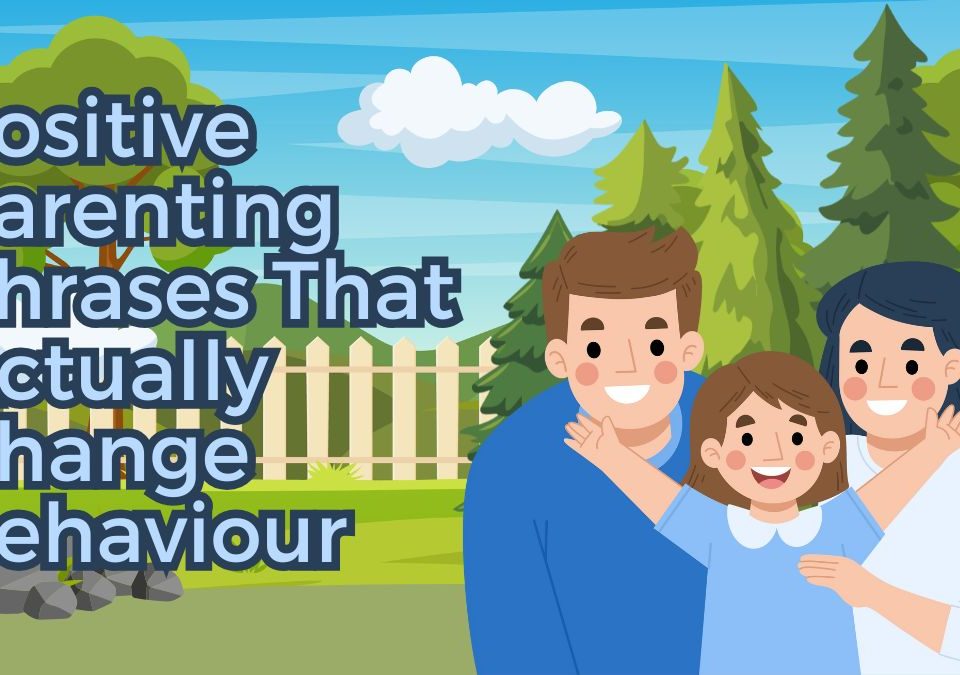
Healthy Bedtime Routines for a Happy Child

“Mommy, how come these little ones get away with things that I couldn’t when I was their age?” is the usual complaint of the eldest children. This is symptomatic of the next “batch” of siblings – a boy or a girl who arrive about ten years later.

As parents, you do try not to play favourites and be consistent as possible. However, that eldest child has reason to complain. “Well, son, it’s because your parents have learned a few things as you were growing up. You must understand. Your parents never had any kids before you so they made a few mistakes with you” – is probably the usual explanation.
“So I am the guinea pig! Why was I born first?” will probably be exclaimed, with a smile.
If you read Dr. Spock from cover to cover, you will probably be unconvinced about sparing the rod. Didn’t that generation produce the juvenile delinquents? You didn’t follow the “wait ‘til your father gets home” practice either. Very young children tend to forget what they are being punished for when you postpone it. Besides, it is certain that you do not want them to have an image of a father as “the executioner”!
Thee are so many conflicting theories today – “Don’t ever spank your child” and on the other hand you have those that firmly believe in “Spare the Rod and Spoil that child.” Obviously that doesn’t mean you should spank them for every little thing. If talking to them or sending them to their room doesn’t work, then the slippers will convince them that you mean business. For graver offenses, it’s the belt, no TV, no telephone, no parties (“grounded”), or no allowance – whichever is effective at that point in time, upon consultation with your spouse, their other parent, of course.
You can even try classical music to calm the warring preschoolers. Result: they will fall asleep. They will probably say, “No wonder I hate classical music!” when they learn about your trick when they grow up.
The main thing a child should understand is to know what he or she did wrong. No amount of punishment can correct behavior if the child is not aware of his or her mistake. And the best thing to achieve this is to take the child aside and talk to him or her calmly. If the child is ranting and raving like the Incredible Hulk, it is useless to talk to him or her. That’s when you send your child to his or her room.
“Come out when you’re not ‘Hulk’ anymore and we will talk”. More often than not, they fall asleep out of sheer exhaustion.
When those first tantrums start (and they surely will), you will probably want to shout back at him or her. “If you don’t stop, you will stand in the corner!” If you don’t want to spank him or her, one of you could bodily carry the child to the corner where he or she would wail and wail (and make you feel like a “monster”). Make sure no-one else “rescues” him or her with “You poor thing, Come darling, come here.” There goes your discipline!
It was really more a punishment for you than for your child. You will probably call your child as quickly as possible, but making sure that it is long enough for him or her to know who is boss.
But tantrums are merely one of the many phases that you will endure (and overcome) in your child’s life. With patience, understanding, and firm guidance, the kids will outgrow it.
The only problem with too many kids is that when one starts outgrowing a phase, another gets into it! But you’ve already had a few years’ rest, so with this second batch, you know more or less what to expect.
According to “the wise ones” – those who have been parents for twenty years, the various phases that your child will take you through are:
- Tantrums at age two. These are really manifestations of frustrations at the many things they found they could not do – until they discover tantrums do not work;
- Slow eating from two to three, an effect of weaning from the bottle and a certain wariness at discovering different tastes;
- Quarrelsome from seven to twelve, as a way of asserting their individuality;
- Sensitiveness/secretiveness from twelve to fifteen as they begin to discover their sense of privacy. Also there is a general distraction and carelessness in their studies when they begin to discover the opposite sex.
It’s smooth sailing from sixteen onwards. Phew!
Author
Cecile Burton

I am a preschool and primary school teacher and mum to 3 children. I have been involved in education since 1997 and have trained in a variety of educational specialist areas. It is with this expertise that I write articles to help parents and educators provide quality learning experiences for the children in their care.




